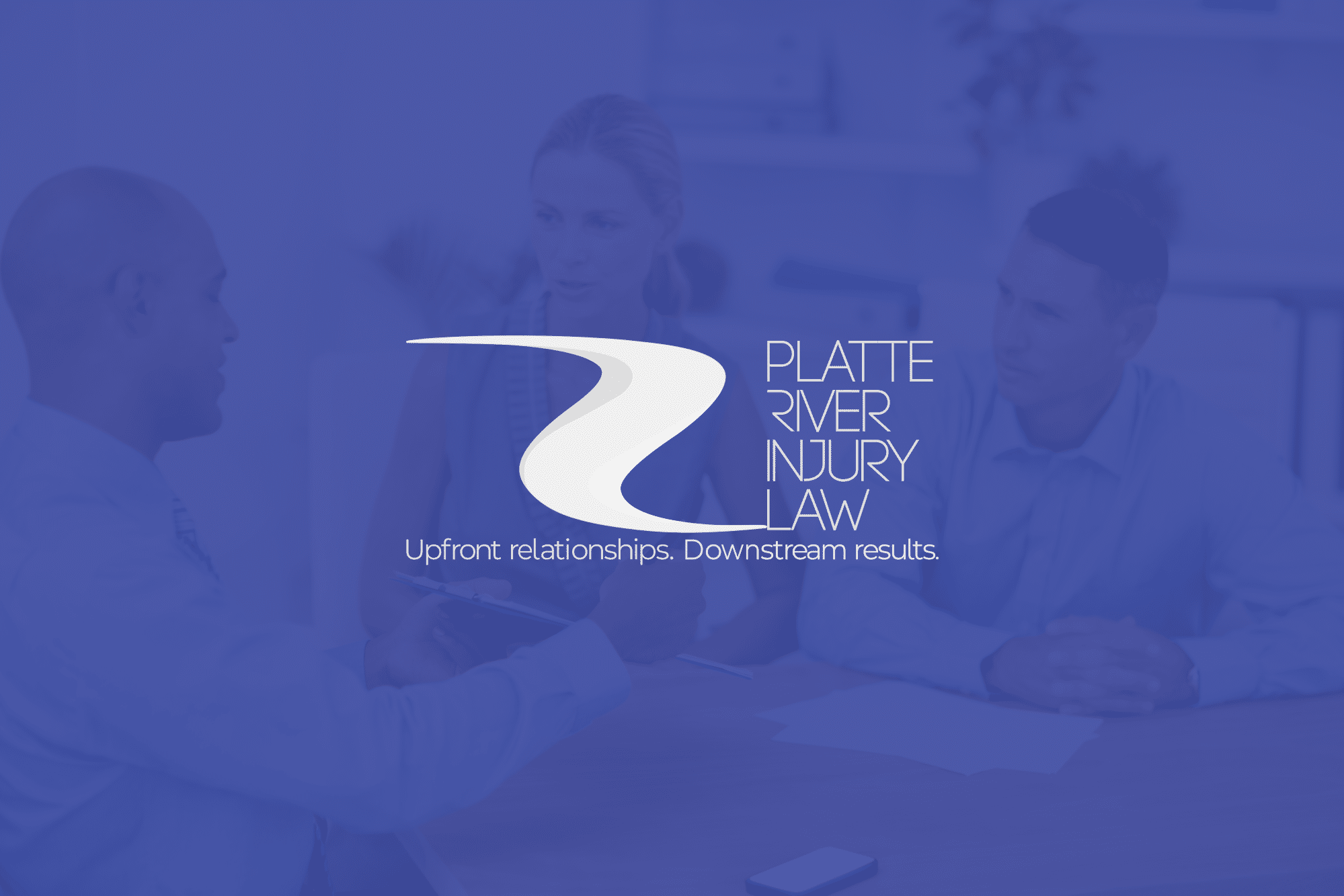What is Wrongful Death?
If you’ve suddenly and accidentally lost a loved one because another party or parties were negligent, or if you lose a loved one that way in the future, your family members should discuss their rights and options, as quickly as possible, with an experienced wrongful death lawyer.
How is “wrongful death” defined? If you suddenly lose your own life due to someone else’s negligence, will your family members qualify to receive compensation? What are your loved ones’ rights after a wrongful death? When should you contact a wrongful death attorney?
If you’ll read this short introduction to wrongful deaths and your family’s rights, you will find the answers you may need. You’ll learn how to prove another party was negligent, and you will also learn what steps to take in order to be compensated after a family member’s wrongful death.
How Common is Wrongful Death?
Wrongful death happens far too frequently. In the United States, more than 10,000 people die each year in alcohol-related vehicle accidents. The number three cause of death in this nation is medical malpractice. Scores of dangerous consumer products are recalled every year.
A wrongful death can occur in a traffic accident, a swimming pool accident, or a job-related accident. While you’re shopping, you might be hit by falling merchandise. A pharmacy could sell you a wrong prescription by mistake. Wrongful deaths can happen almost anywhere.
Certainly, no amount of money can truly compensate you for the unexpected death of a family member. But with a wrongful death claim, survivors may avoid particular hardships that might otherwise emerge after a family member dies unexpectedly due to another person’s negligence.
What Can Family Members Recover?
When a family’s wrongful death claim prevails, the decedent’s survivors may recover compensation for losses that include but aren’t necessarily limited to:
- the decedent’s final medical expenses, funeral costs, and cremation or burial expenses
- the financial contribution the decedent would have made to the family
- the value of the “services” the decedent would have provided to the family
- loss of the decedent’s affection, care, love, and companionship
How is a Wrongful Death Claim Typically Resolved?
Most claims for wrongful death are resolved out-of-court when the attorneys for both sides meet and privately negotiate a settlement agreement. The right lawyer will negotiate diligently and forthrightly for the compensation that your family is entitled to under the law.
If no reasonable settlement is offered in the out-of-court negotiations, or if the liability for your loved one’s death is disputed, a wrongful death attorney will bring your wrongful death claim to trial and will fight aggressively and effectively in the courtroom on your family’s behalf.
How Can You Prove That the Other Party Was Negligent?
If your family’s wrongful death case goes to trial, in order to prevail with your claim and recover your compensation, your attorney will have to prove that the other party was negligent and that the other party’s negligence was a direct cause of your loved one’s death.
In other words, if your case goes to trial, your family’s attorney must prove that:
- The party allegedly responsible for the death (the “defendant”) owed an obligation or “duty of care” to your family member.
- The defendant negligently breached that duty of care.
- The defendant’s negligence was a direct cause of your family member’s death.
- Your family’s losses can be calculated, and the defendant should pay your family that amount in compensation.
What is the “Duty” of Care?
While the precise definition and amount of care that was required in any particular situation will depend on the circumstances of the wrongful death, the duty of care is essentially a duty to keep a person safe from harm and to avoid negligence that may cause harm or injury.
When we drive a vehicle, for instance, we owe other persons a duty of care to drive in a prudent and safe manner. Property owners have a duty to keep their properties safe for visitors. Product manufacturers are obligated to ensure the safety of the products they sell to the public.
If the defendant in your wrongful death case owed a duty of care to your loved one, and if the case goes to trial, your lawyer must explain how the defendant breached the duty of care. Your lawyer must then prove the breach of the duty of care directly caused the wrongful death.
When is the Time to Seek an Attorney’s Help?
In most jurisdictions, the deadline (statute of limitations) for taking legal action after a wrongful death is either two or three years from the date of the death, but in particular circumstances – cases that involve medical malpractice, for example – the statute of limitations may be longer.
However, if you are considering a legal action – which can be quite difficult if you’re still mourning the loss of your loved one – do not procrastinate. Speak to an attorney as swiftly as you can after a wrongful death.
Your lawyer needs to review any pertinent evidence before that evidence deteriorates or disappears, and your lawyer should also speak to any witnesses while they can still be located and while their recollections are still fresh.
There are several narrow exceptions to the statute of limitations deadlines, and if you’ve missed the deadline for filing a wrongful death claim in your own jurisdiction, you should consult with a lawyer to find out if your claim qualifies as an exception to the statute of limitations.
What Will Justice Cost?
An attorney who handles wrongful death cases will provide a free legal consultation to surviving family members, so it will not cost you anything to learn more about your legal rights and options, obtain personalized legal advice, and learn how state law applies in your own situation.
When you bring a wrongful death claim, you will pay no lawyer’s fee unless and until your lawyer recovers your family’s compensation. Your attorney will work on a contingent fee basis to help your family obtain the compensation you are entitled to by law and the justice you need.
Of course, it can be quite challenging to cope with personal grief and legal matters at the same time. Let an experienced wrongful death attorney handle the legal side of a wrongful death, fight on your family’s behalf, and help your family move constructively into the future.






